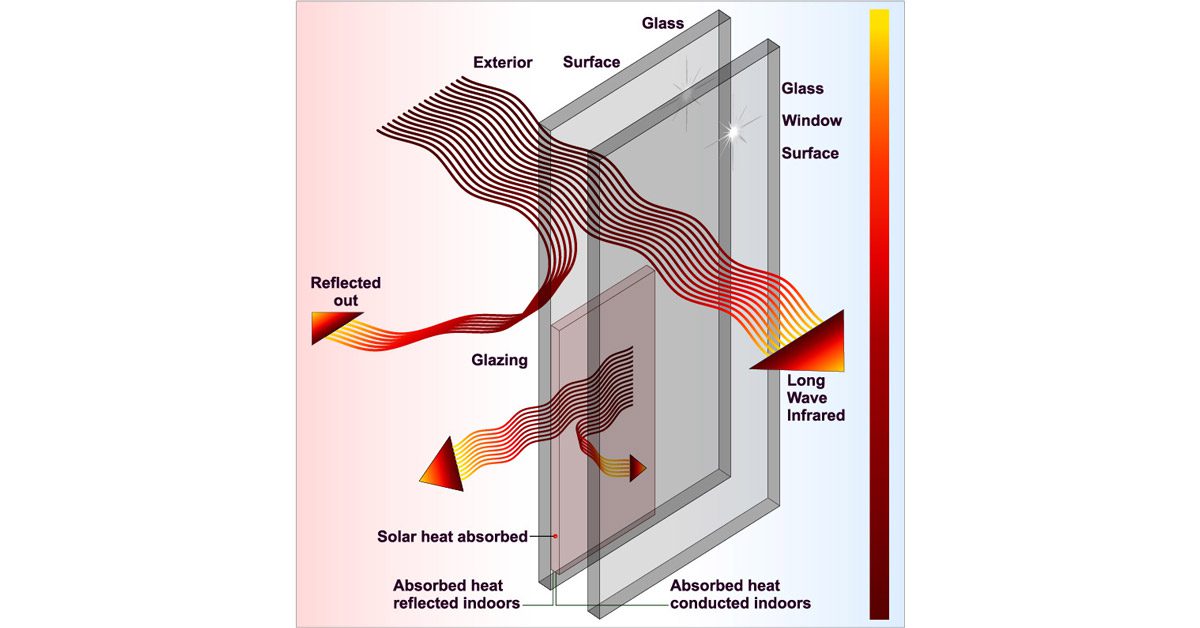All Categories
Featured
Table of Contents
Which Double Glazing Company Is The Best? in Hazelmere Perth
That window can send more solar heat in winter season than in summertime. A west-facing window on a summertime's afternoon has an angle of occurrence from near 0 up to 30 with a large efficient location of solar radiation. A north-facing window, in summertime, has a high angle of occurrence and a low efficient area of solar radiation, so can transmit less heat than a west-facing one.
However you can quickly and easily enhance the thermal efficiency of your house by changing your windows. This is one of the most efficient approaches of renovation to accomplish improved thermal convenience. There are countless types of glass and frames to choose from. Selecting the ideal ones is essential to enhancing the energy performance of your home.
How Are Double Glazed Windows More Energy Efficient? in Shenton Park WA
There are several kinds of glass products to select from. Single glazing uses a single pane of glass. Single glazing with clear glass is not extremely efficient when it comes to heat loss or gain. To improve efficiency, you can use single glazing with a more energy-efficient kind of glass such as low emissivity (low-e) glass.
The energy efficiency of IGUs also depends on: the residential or commercial properties of each layer of glass. Different glass types (for example, clear and low-e glass) can be put together in an IGU.
Is Double Glazing Worth It? in Winthrop Western Australia

IGU cavities can be filled with air or a more inert, low-conductivity gas such as argon the width of the cavity. Wider cavities offer lower (much better) U worths, with 12mm usually accepted as the preferred space how well the cavity is sealed.
If argon is set up to the cavity in location of air, moisture is dependably excluded the level of desiccant (drying representative). The spacer (metal or polymer strip) that separates the glass layers consists of a desiccant to absorb any wetness. Inadequate desiccant might cause wetness to condense on the glass surface area in cold conditions, lowering thermal efficiency.
Buy Double Glazed Upvc Sliding Doors In Sydney in Alfred Cove Western Australia
In reality, IGUs can provide better energy efficiency for all climates, particularly in heated and air-conditioned homes. Cross-section information of single, double and triple-glazing systems Low emissivity glass (typically understood as low-e glass) lowers heat transfer. Low-e glass might be either high or low transmission: High transmission low-e glass has a covering that allows daylight from the sun to pass into the house to achieve great solar heat gain, but lowers the amount of the long wavelength infrared heat that can escape back through the window.
Low-e glass has either a pyrolytic finish or a vacuum-deposited thin film metal finishing. Pyrolytic finishes are durable and can be utilized for any glazing; vacuum-deposited coverings are soft and are only utilized within IGUs. Low-e coatings can substantially enhance both U value and SHGC; nevertheless, they must be utilized properly or they will either weaken or stop working to perform as needed.
How Are Double Glazed Windows More Energy Efficient? in Alexander Heights Perth
Low-e coatings can be utilized in combination with clear, toned or reflective glass. Low-e coatings on glazing can lower heat transfer where required Image: Department of Industry, Science, Energy and Resources Toned glass has colouring additives consisted of throughout manufacture. It is available in various colours, normally bronze, grey, blue and green.
Table of Contents
Latest Posts
Reglazing Single Glazed Windows With Double Glazed Units in White Gum Valley Western Australia
Replacement Double Glazing - Upvc Windows in Kingsley Perth
Energy Efficiency With Double Glazed Windows 2023 in Como Perth
More
Latest Posts
Reglazing Single Glazed Windows With Double Glazed Units in White Gum Valley Western Australia
Replacement Double Glazing - Upvc Windows in Kingsley Perth
Energy Efficiency With Double Glazed Windows 2023 in Como Perth